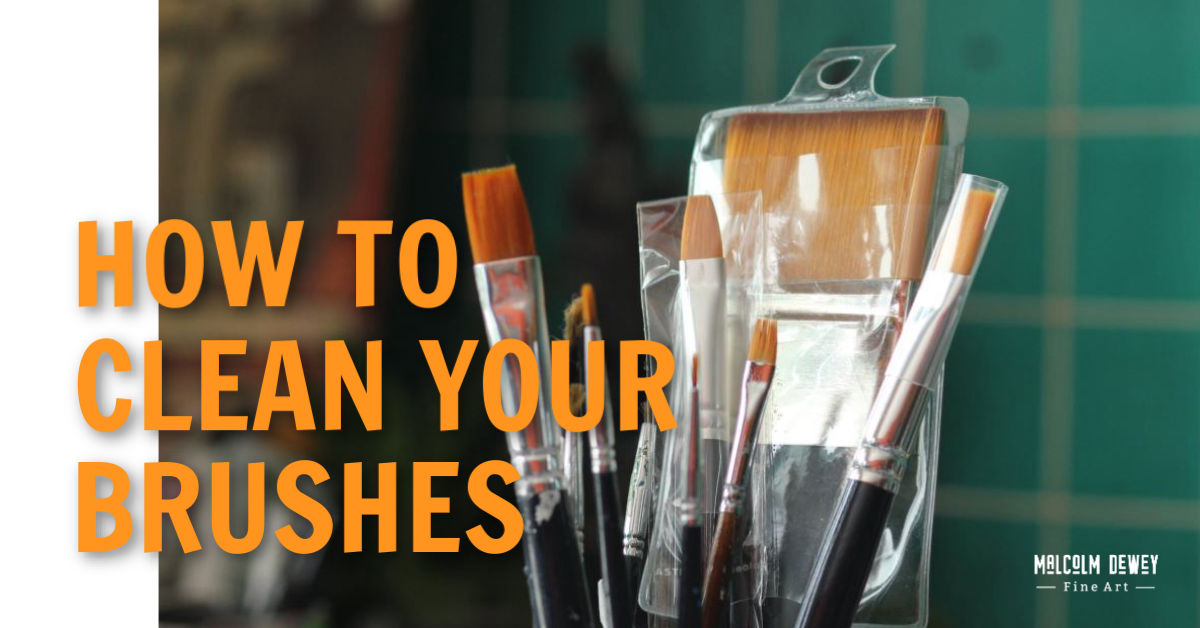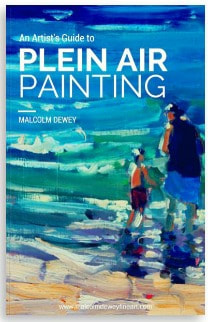|
Who enjoys cleaning paint brushes? Not me for sure. Yes I know it has to be done and brushes are expensive. I do clean them everyday, but I am always on the lookout for a quicker more effective way to do these chores. It is time I would rather be devoting to painting or creating of some sort. A few months back I publisheda video showing how I have been cleaning brushes using an eco friendly product made by Maimeri. It is water based yet cleans oil paint off your brushes. It can then be safely disposed of in the drain. Very nice! It works well too. On the downside it is a bit expensive with all the import duties and whatnot. If you paint everyday it can be a pain in the wallet. Then there are the artists who use the olive oil in the hand approach. Works if you are travelling overseas and cannot take solvents on the plane. Otherwise it is a waste of olive oil! Recently I can across a tip from New Zealand artist John Crump who uses kerosene. Kero, as he calls it, cleans the oil paint off the brush and leaves a fine oily layer to preserve the brushes. Mmmm ... interesting! Kerosene, for those who speak proper English, is also called paraffin. I had to give it a go because a litre of paraffin costs practically nothing. Only trouble is what are the health and environmental issues using this stuff? Well I use surgical gloves when painting these days just to be safe from solvents. Also when using solvents keep the room ventilated. However I would try the paraffin outdoors as it is fairly strong smelling. Paraffin is also flammable so use common sense about flames, sparks or hot surfaces. Also work on a stable surface. I used the lawn for my little demo video for practical video reasons, but use a table or other hard and flat surface outside. As you can see from the video paraffin cleans that brush off in two-ticks. I cleaned the ferrule and handle off too. The brush was perfectly clean. I can also confirm that the brush's bristles remain supple and springy. There is no stiff drying of the bristles. Excellent result! You can reuse the paraffin many times too so one litre is going to go a long way indeed. So how to dispose of the old paraffin? There are plenty of suggestions online. If you cannot deposit it with a waste disposal facility it seems a popular way is to pour the little remaining waste into a bucket of sand or cat litter and let it evaporate in a safe spot outdoors. Remember we are talking about very small quantities. So try paraffin if you like and judge for yourself provided you are comfortable with the extra care required. (Please leave your thoughts in the comments below) Share to your Pinterest Boards |
AuthorMalcolm Dewey: Artist. Country: South Africa Archives
June 2024
Categories
All
FREE
|
|












 RSS Feed
RSS Feed






